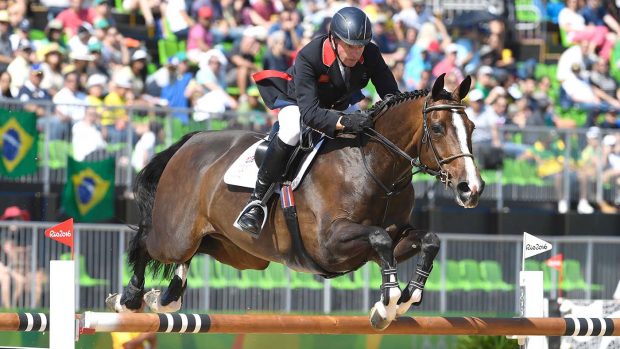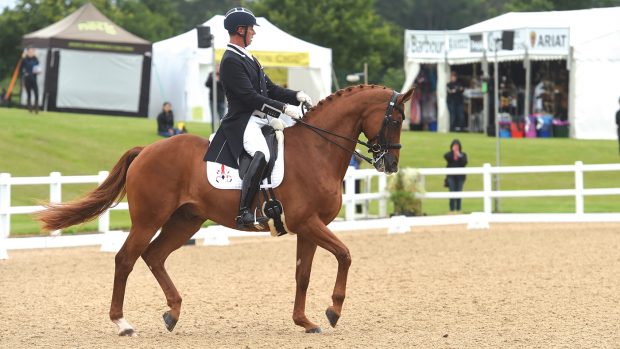A surprise glanders scare at the Deodoro Olympic horse park in Rio, which the 2016 Olympic organisers kept under wraps until last week, has caused concern within the equestrian industry.
Team GBR World Class performance director Dan Hughes is at the Rio test event this week (5-9 August), awaiting updates.
Glanders is a deadly bacterial infection, largely wiped out around the world but which reappeared in Brazil 15 years ago.
| More about Rio 2016 |
The Brazilian government has been criticised by the World Organisation for Animal Health (OIE) chief Dr Bernard Vallat for not being “more transparent about the situation”.
The British Equestrian Federation (BEF) was among the national bodies only advised of the scare on Friday (31 July), even though the first case emerged in April.
Glanders causes nodules and ulcers in the respiratory tract and spreads through contaminated feed, water, skin lesions, coughing and sneezing, aerosol emissions or via shared tack.
Sufferers are usually put down to contain the disease.
Deodoro is a military base, stabling army horses until February when they vacated the site so that the six-month pre-Olympic test event quarantine could begin.
The briefing note issued by Rio organisers said one of these horses, now posted 600km away in Vitoria, was diagnosed with glanders in April.
The authorities then undertook mass testing and in June, a further horse previously at Deodoro tested positive, with another “inconclusive”. Brazil’s agriculture ministry is testing a further 584 locally-based horses.
OIE has helped Rio with biosecurity arrangements and says there is no risk to visiting horses.
FEI president Ingmar de Vos added: “MAPA [the Brazilian ministry of agriculture] has confirmed to the FEI that there is no threat to the test event nor to the horses that will compete. We are confident that everything is being handled correctly.”
There is no suggestion the equestrian events will have to be moved.
The 2008 events were relocated to Hong Kong when Beijing said it could not meet biosecurity and quarantine requirements.
“Glanders remains a globally important disease which is a continuing threat to the horse industry and is the subject of international disease surveillance. In addition to being an equine pathogen, glanders is also a zoonosis and so has public health significance,” Professor Josh Slater of the Royal Veterinary College told H&H.
“The disease can be challenging to identify in horses because it can occur in a subclinical form and so control measures for movement of competition horses include requirements for testing of horses that do not come from confirmed disease-free regions.
“The disease has been eradicated from Europe but does occur in other parts of the world and the outbreak in Brazil is a reminder of the need for constant surveillance and vigilance.
“Glanders is a priority disease for the OIE and the preparations for Rio will include comprehensive biosecurity planning for glanders, in addition to a number of other diseases, as has happened in previous Olympic Games and World Equestrian Games.
“Horses moving to Rio for competition will do so under the highest health conditions as a result of extensive preparations by OIE, FEI and the local organisers to create an equine disease-free zone around the venue to safeguard the health of horses while at the Games.”





